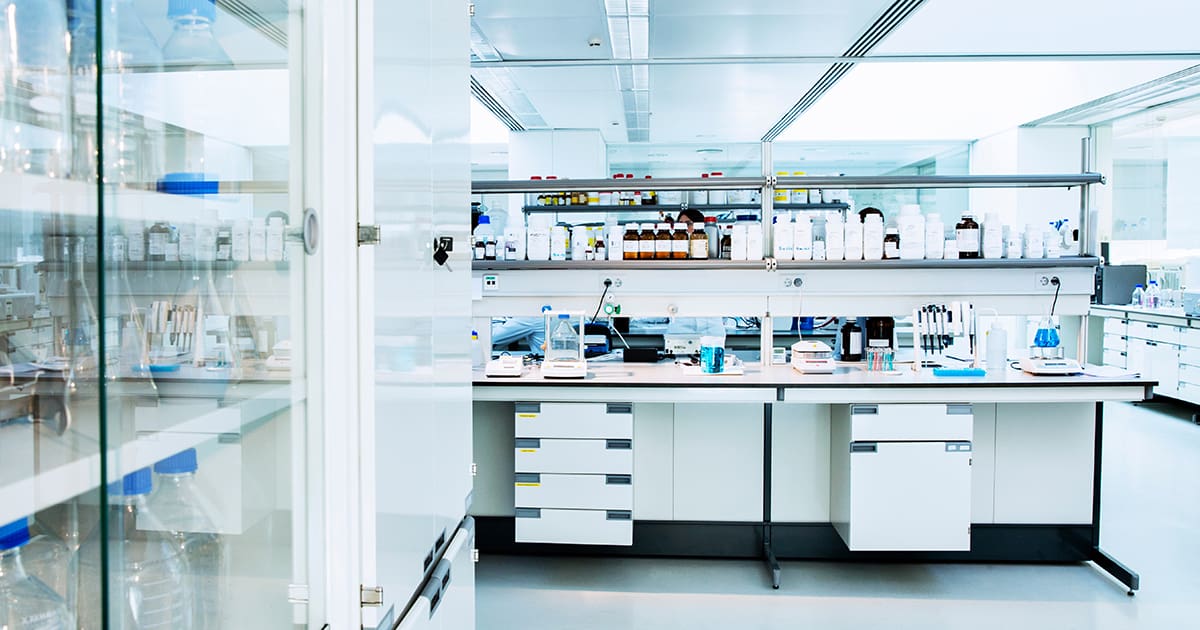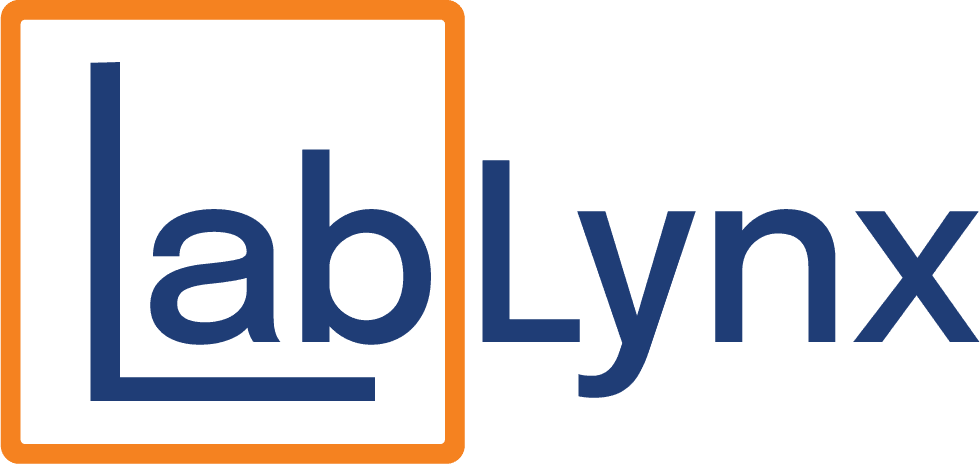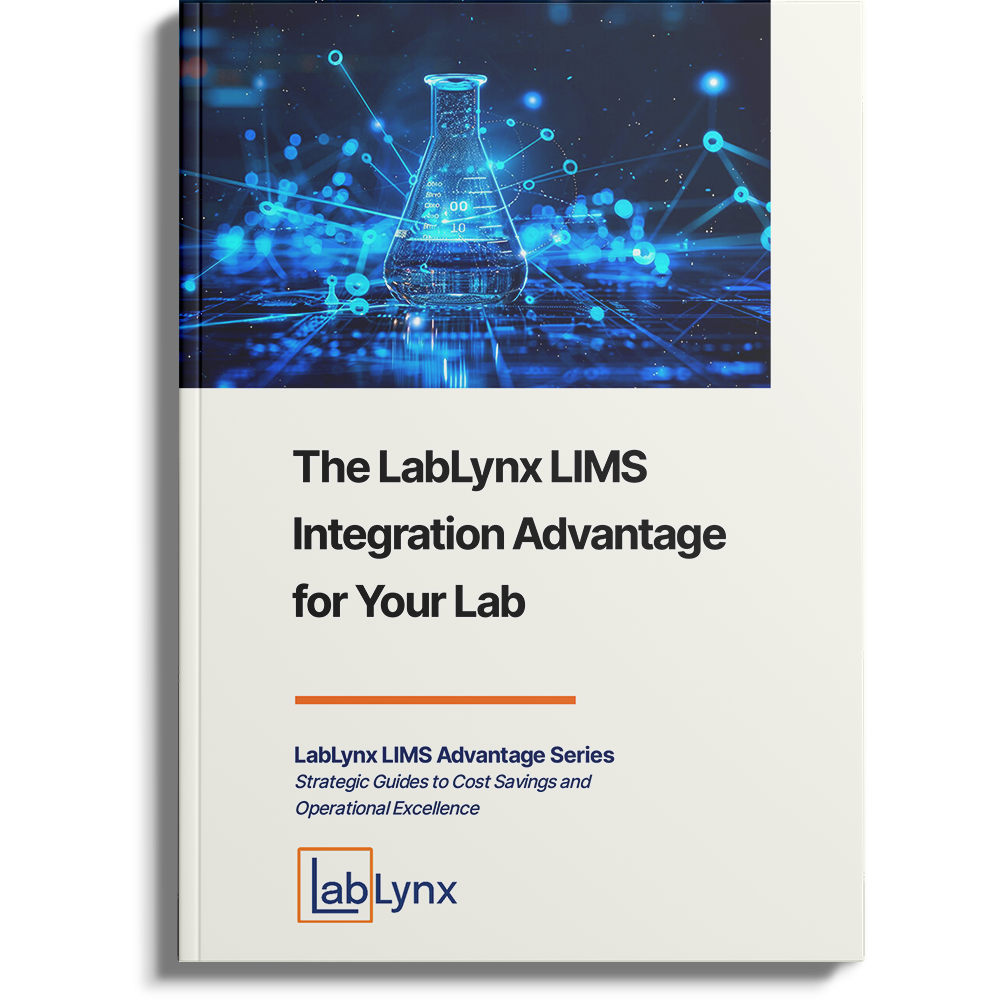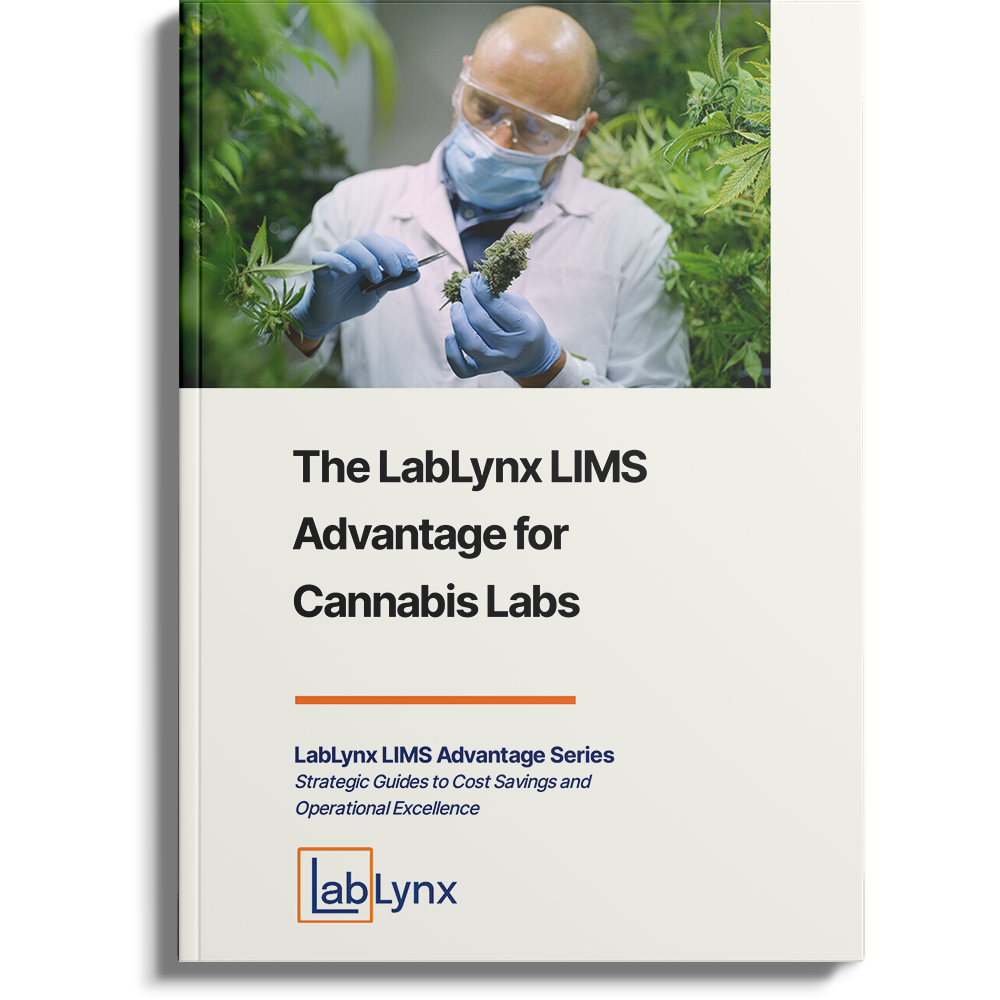
Laboratories today face growing demands to enhance efficiency, optimize operations, and meet stringent industry regulations. Laboratory software solutions have become indispensable in addressing these challenges and achieving operational excellence. With a wide range of options available, understanding where to begin is essential. Whether you’re a small testing lab, a research facility, or a large clinical organization, this guide provides the insights you need to revolutionize your lab with the right tools.
What is Laboratory Software?
Laboratory software refers to a range of digital tools designed to optimize laboratory workflows, enhance data management, and improve overall lab operations. The most common types of laboratory software include:
- Laboratory Information Management Systems (LIMS): Manage sample tracking, workflows, and compliance while centralizing lab data.
- Electronic Laboratory Notebooks (ELNs): Digitize experiment documentation, enhance collaboration, and ensure data integrity.
- Lab Automation Software: Automate repetitive tasks, integrate instruments, and streamline high-throughput processes.
Each of these solutions plays a unique role in addressing specific laboratory needs, but together, they form the foundation of a modern, efficient, and future-ready laboratory.
Key Benefits of Laboratory Software
Investing in the right laboratory software can provide transformative benefits for your lab, including:
- Increased Efficiency
Automating routine tasks like sample logging, test scheduling, and data entry frees up valuable time for lab personnel to focus on higher-value activities. - Enhanced Data Management
Centralized data repositories ensure that all information is easily accessible, securely stored, and traceable, reducing errors and improving decision-making. - Regulatory Compliance
Built-in compliance tools help labs meet industry standards such as CLIA, ISO 17025, and FDA 21 CFR Part 11 with ease, reducing the risk of penalties or audit failures. - Improved Collaboration
Cloud-based platforms and real-time data sharing make it easy for teams to collaborate, even across multiple locations, improving productivity and innovation. - Scalability and Adaptability
Modern software solutions are designed to grow with your lab, providing the flexibility to adapt to changing needs and increasing workloads.
How to Choose the Right Laboratory Software
Selecting the right software for your lab can feel overwhelming, but focusing on a few key factors can simplify the process:
- Identify Your Lab’s Needs
Start by assessing your lab’s specific challenges and goals. Are you struggling with inefficient workflows? Do you need better compliance tools? Understanding your priorities will guide your decision. - Evaluate Core Features
Look for essential features such as sample tracking, data management, reporting tools, and integration capabilities. Ensure the software can meet your immediate needs while offering room for growth. - Consider Usability
The best software is intuitive and user-friendly, minimizing the learning curve for your team. Request a demo or trial period to test the interface and functionality. - Assess Integration Options
Your lab’s software should seamlessly integrate with existing instruments, ELNs, or other tools to create a unified digital ecosystem. - Plan for Scalability
Choose a solution that can adapt to your lab’s future needs, whether it’s accommodating higher sample volumes or incorporating advanced features like AI-driven analytics.
Common Types of Laboratory Software
Understanding the key types of laboratory software will help you determine which solution best fits your needs:
Laboratory Information Management System (LIMS)
A LIMS is designed to manage and track laboratory samples, automate workflows, and ensure compliance. It’s ideal for labs handling large volumes of samples, such as clinical or environmental testing facilities.
- Key Features: Workflow automation, sample tracking, reporting tools, and regulatory compliance support.
- Best For: Labs focused on operational efficiency and data management.
Electronic Laboratory Notebook (ELN)
An ELN replaces paper notebooks, allowing labs to digitize experiment documentation and enhance collaboration. It’s a must-have for research-intensive labs.
- Key Features: Customizable templates, real-time collaboration, and secure data storage.
- Best For: Research labs, academic institutions, and biotech companies.
Lab Automation Software
This software focuses on integrating instruments and automating repetitive tasks to improve throughput and accuracy.
- Key Features: Instrument integration, IoT connectivity, and automated data capture.
- Best For: High-throughput labs or labs with complex automation needs.
Real-World Applications of Laboratory Software
Laboratory software is transforming labs across a variety of industries. Here are a few examples:
- Healthcare: Clinical labs use LIMS to manage patient samples, track test results, and ensure compliance with HIPAA and CLIA regulations.
- Environmental Testing: Labs monitor water, air, and soil quality with LIMS to deliver accurate and timely results to regulatory bodies.
- Pharmaceuticals: R&D teams rely on ELNs to document experiments, collaborate in real time, and accelerate drug development.
- Food and Beverage: Labs use lab automation software to ensure product safety and quality, meeting FDA and ISO 22000 standards.
Future Trends in Laboratory Software
Laboratory software is constantly evolving, driven by advancements in technology and the changing needs of industries. Here are some trends shaping the future:
- AI and Machine Learning: Leveraging AI to identify patterns, predict outcomes, and optimize workflows.
- IoT Integration: Connecting instruments and devices for real-time data sharing and analysis.
- Cloud-Based Solutions: Increasing accessibility and collaboration while reducing IT overhead.
- Data Analytics: Advanced analytics tools providing actionable insights to improve decision-making.
Conclusion: Transform Your Lab with the Right Software
Laboratory software has become a cornerstone of modern lab operations, offering powerful tools to optimize workflows, enhance data management, and ensure compliance. Whether you’re looking for a LIMS to manage sample workflows, an ELN to streamline research, or lab automation software to boost efficiency, investing in the right solution will transform your lab’s performance and help you stay ahead in a competitive landscape.
Ready to take the next step? Contact LabLynx today to learn more about our comprehensive suite of laboratory software solutions and discover how we can help your lab thrive.




